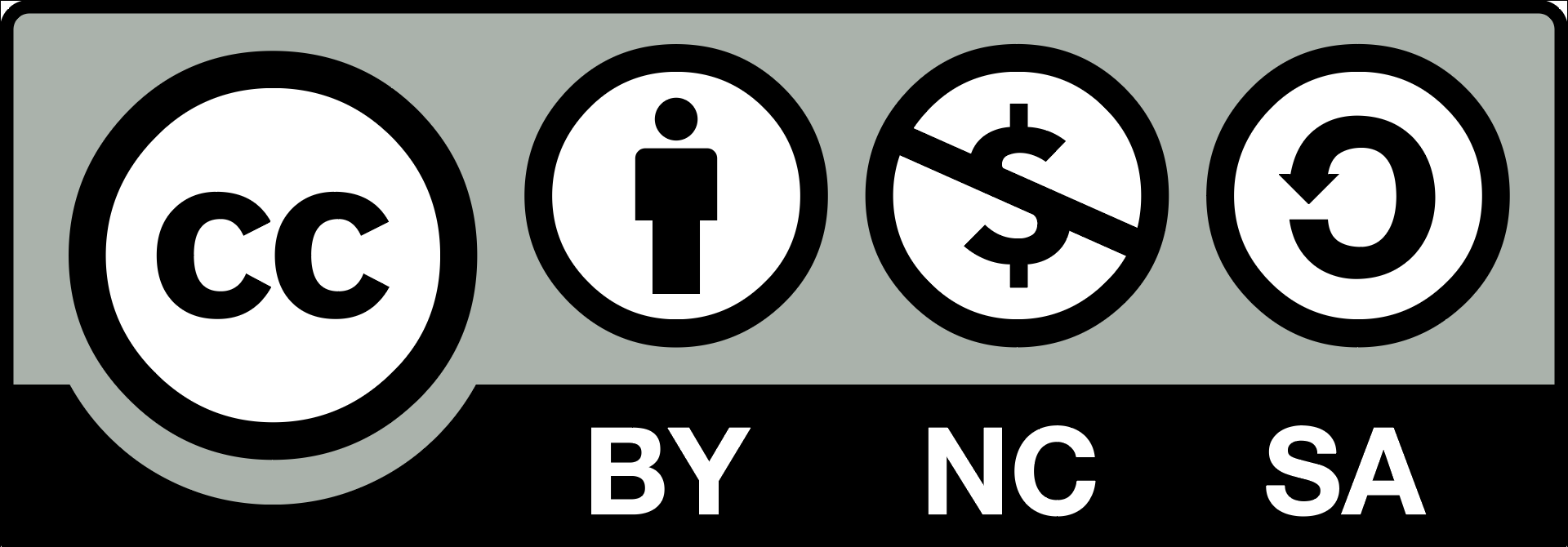INTRODUCTION
1.1
General information
In this course you will be given information and recommendations on how to create online exams and certificates and how to convert your current exam formats to online formats.
An important fact to keep in mind for online exams is that they have certain features in common with take-home-exams and open-book-exams. This may possibly require an adjustment of the examination preparations and the examination questions as well as additional technical infrastructure.
Adaptation of exam preparations and exam questions
-
In general, examination questions should have a higher level of difficulty. Moreover, questions should focus on the students’ skills in the areas of application, analysis, synthesis, and evaluation. Questions that solely aim at reproducing knowledge content are not appropriate in this examination format.
-
The time budget may have to be computed differently.
-
Communication regarding performance requirements must be more explicit and transparent in order to make the new formats comprehensible to everyone.
-
The technical exam environment and the exam procedure must be communicated clearly. If possible, candidates should be able to test the infrastructure in advance.
Technical infrastructure
At the University of Basel, the following tools are available as technical infrastructure for online exams and certificates:
-
The learning platform ADAM of the University of Basel offers various functions for the creation, organisation and the conduct of exams. It is suitable for written assessments (homeworks, reports, exercise sheets, learning diaries etc.) as well as assessment of collaborative work (peer feedback, active participation etc.). For more information on online exams with ADAM see Chapter 2.
-
The digital examination software EvaExam is particularly suitable for written examinations, even with large numbers of participants. Further information about EvaExam and a tutorial can be found in Chapter 3.
-
Email is a simple solution for highly customized written exams if neither ADAM nor EvaExam offer suitable alternatives.
-
The video communication platforms Zoom and Webex are suitable for conducting oral online examinations.
The toolbox and the scenario tools matrix it contains provide an overview of application scenarios for the various tools in a very compact form. To provide you with an overview of existing online assessment formats, a table of possible online alternatives as well as further hints and recommendations can be found in (Chapter 4). Moreover, the Assessment Toolbox of the University of Bern (in German) offers a variety of interesting examination formats for both face-to-face and online teaching.
Just as for face-to-face exams, the quality criteria Assessment literacy, Assessment feedback and Assessment design apply to online exams and evaluations, too. A detailed description of the quality criteria can be found in the Checklist for Quality Assurance of Exams and Certificates in Chapter 5.

